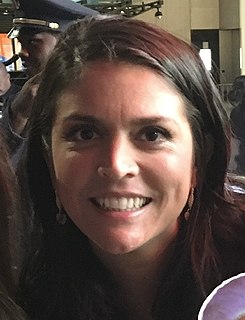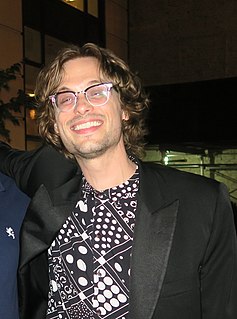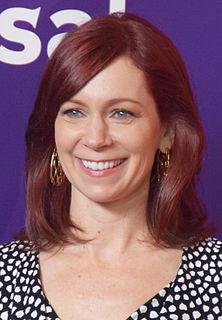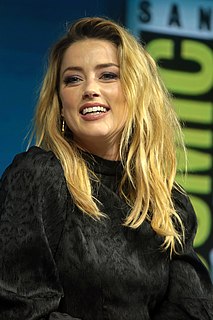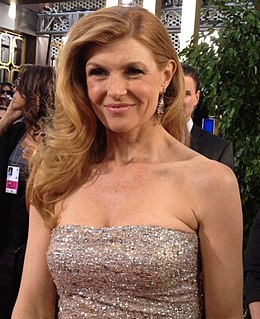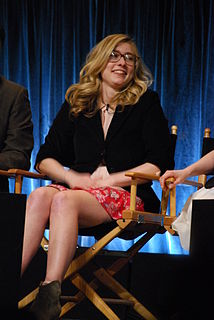A Quote by Rory Kennedy
With 'Women in Hollywood,' I didn't direct it, but I produced it, and what we did is followed the money of Hollywood and how that intersects with issues relating to women and, frankly, sexism.
Related Quotes
When I stepped into the Lifetime role in 2010, I did a listening tour of what was going on for women in this country. There was such a parallel in Hollywood with women talking about how there are stories that are not getting made and that talented young women are not getting the opportunity to direct and write.
I think women have always been funny. But when Tina Fey became head writer at 'Saturday Night Live,' the culture shifted, and women gained a bigger voice in comedy. It's not as if Hollywood producers are feminists. It's more that Hollywood said, ''Bridesmaids' made us so much money, all we want now is funny women.'
'That's What She Said' is not Hollywood's standard picture of women: preternaturally gorgeous, wedding obsessed, boy crazy, fashion focused, sexed up 'girl' women. These are real women, comically portrayed, who are trying to wrestle with the very expectations of womanhood that Hollywood movies set up.
The first thing you notice about women in Hollywood, besides their low percentage of body fat, is how few are married. And the number of great-looking, successful single women without a social life is staggering. ... The most glaring misconception about Hollywood is that it is the romance capital of the world.
There's more empathetic representations than we're used to seeing. I honestly feel like in the early days of Hollywood, women did have those. Women had very traditional roles in society of wife and mother, but when they went to the movies, they got to see women be, like, really cool, amazing characters and femme fatales and all of this. And then there was just this systemic reaction where it was all about, "How do we make money?" And everybody wants to sell things to boys. And then women's entertainment became devalued in a way that I think is disrespectful and hurtful.


